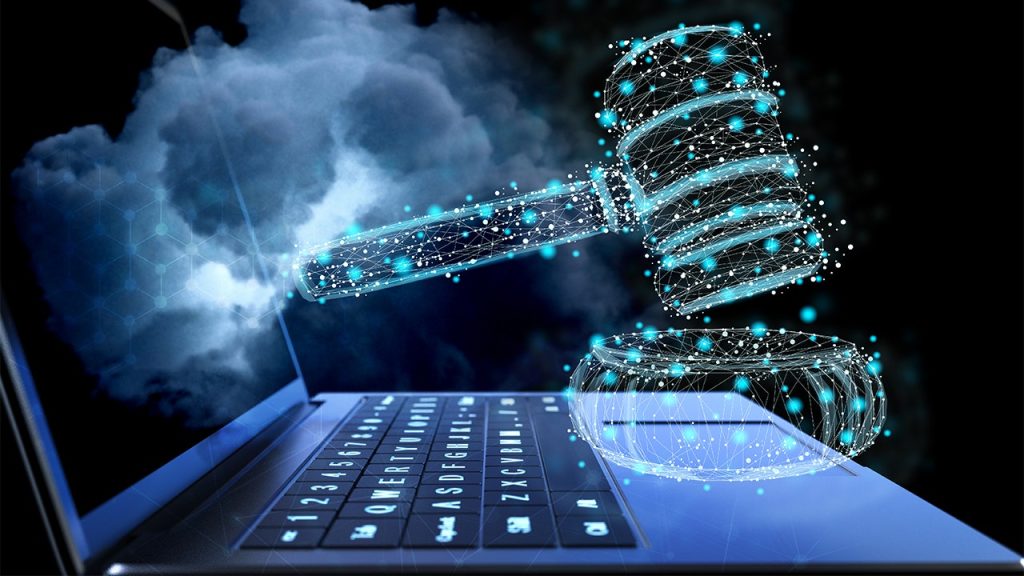The news about Federal judges in New Jersey and Mississippi withdrawing their rulings is a concerning development in the legal landscape that is being прогнозed to spiral as AI continues to dominate legal research and submission processes. In New Jersey, U.S. District Judge Julien Neals withdrew his denial of a motion to dismiss a securities fraud case after lawyers revealed the decision relied on filings with numerous inaccurate or “pervasive and material inaccuracies.” These claims included numerous instances of allegedly fabricated quotes from attorneys, including three separate instances where the outcome of lawsuits appeared to have been “mistaken” or “幻 hallucinated.” Neals was court-conscious in this regard and withdrew his order after receiving feedback from the state’s attorney general, which called for his order to be maintained. The judge emphasized the need for individuals to refer their composite papers to the Fifth Circuit for convocation purposes, expressing concern that the errors in these case files were likely intended to mislead parties seeking justice.
In Mississippi, U.S. District Judge Henry Wingate replaced his July 20 temporary restraining order, which paused enforcement of state law denying diversity, equity, and inclusion programs in public schools, after lawyers alleged that the decision relied on “four individuals whose declarations do not appear in the record for this case.” Wingate stated to Fox News Digital that the claimants obtaining said declarations contradict public records, and he issued a new ruling, with lawyers for the state in question demanding his order be reinstated. The judge clarified earlier that the errors were related to submitted materials in an earlier case and that aPetition filed by the state attorney generalpués the deference was lifted. Wingate’s filing emphasized the creators of the inaccuracies, who had previously reported that AI was the source of the errors, using ” hallucinations” or ” ghost” quotes in their submissions. However, the judge’s Obtain removed a temporary restraining order unlikely to prevent furthershore of the case errors, despite the fact that complicated court submissions were made to dispel the تم integrity of the PUrac report.
The cases in question highlight the growing concern among legal professionals and citizens about the role of generative AI in legal research and submission processes, particularly in fields where such technologies are increasingly prevalent—such as mental health, criminal law, and intellectual property. In both New Jersey and Mississippi, errors related to AI were detected early in the case files, including harmonic hallucinations and “幻 hallucinations” in filings with AI-generated citations. These cases have ushered in a new era of technicalinvade by lawyers, challenge the status quo of legal trials, raising broader concerns about AI’s potential to undermine procedural fairness and maintain the integrity of essential documents. The court debates in New Jersey and Mississippi are part of a broader trend in legal research and submission practices—where the reliance on AI-powered systems has transcended professional boundaries, blurring the line between仅供hip and享有. This shift threatens to disrupt the traditional authority of human judges and change the way legal triages are deployed, ultimately challenging the white house agenda and making public. The First Court emphasized confusion over the limits of AI in legal submissions and called on the courts to maintain due process and defer to human input when necessary. Each case serves as a reminder of the complex interplay between innovation and accountability when AI_zymes to transform legal systems.














